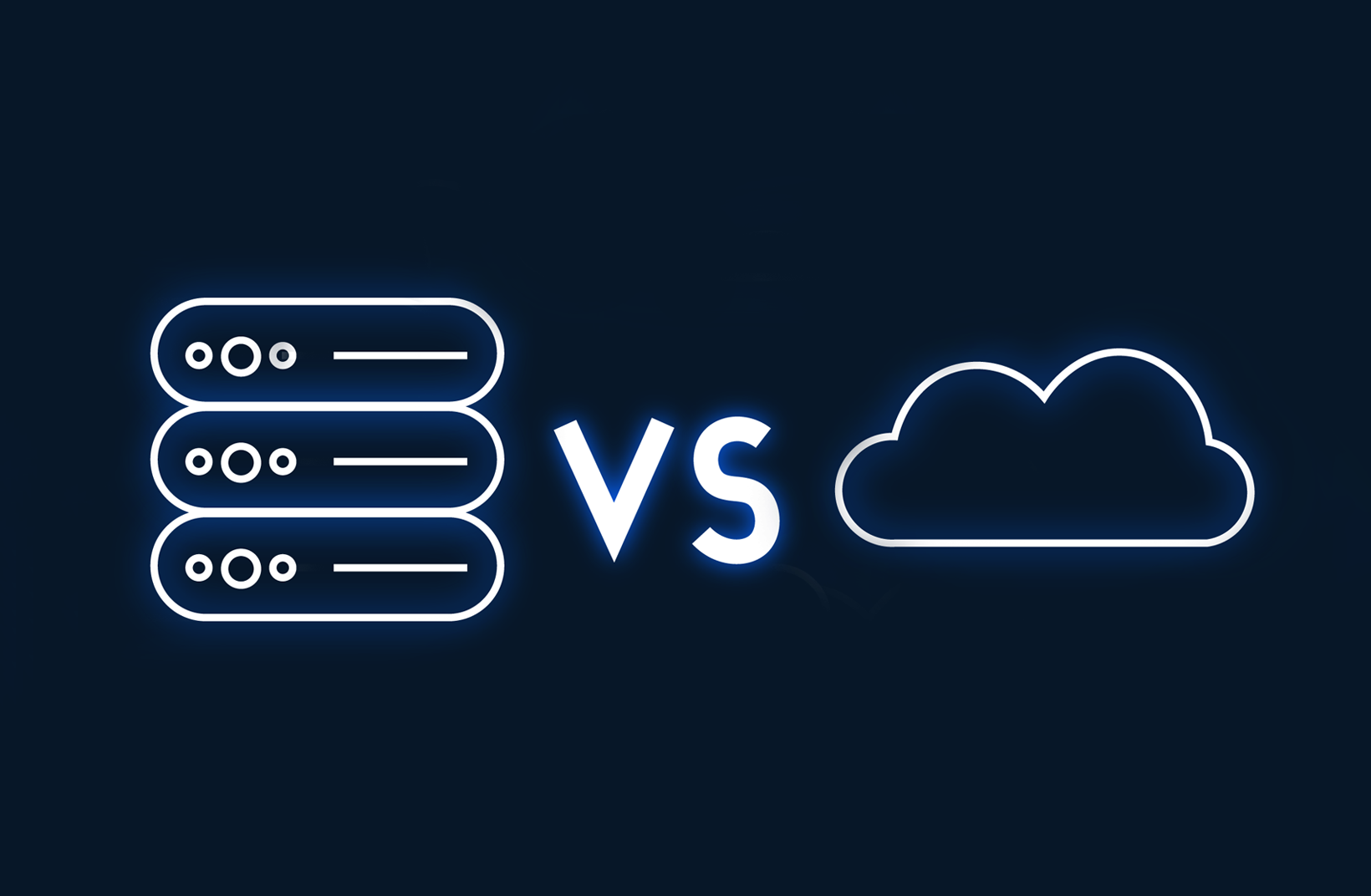In this blog post, Xelon CEO and Swiss cloud pioneer Michael Dudli summarises why more and more IT service providers are sourcing cloud services instead of operating an on-premise infrastructure or building their own cloud infrastructure.
In numerous surveys, IT decision-makers and opinion leaders from the ICT environment named the cloud as the undisputed leader among technology trends. How does this look in practice? At Xelon, we repeatedly hear three main arguments why many Swiss IT service providers no longer operate an on-premise infrastructure and instead want to obtain services from a cloud infrastructure. We have listed these three points below.
- Hardware: "Those of you who are currently procuring hardware know that the procurement of hardware is very difficult due to supply bottlenecks and sometimes months-long delivery times. This delays projects. Many projects are at a standstill until the hardware is delivered. This problem can be solved by procuring the services from a cloud infrastructure and no longer having the responsibility for procuring and operating hardware," says Xelon CEO and Swiss cloud pioneer Michael Dudli.
- Recruiting: According to a report by the Swiss ICT and Internet industry lobby (SWICO), all segments of the ICT industry in Switzerland are struggling to recruit specialists, and most HR specialists, recruiters and market observers agree that the so-called "talent gap" in the ICT industry is unlikely to be bridged any time soon. "If you get the services from the cloud, on the one hand you have less ownership internally. Data centre, virtualisation and network issues are no longer relevant and there is no need to recruit specialists for these areas," explains the Xelon CEO. In addition, with the right cloud provider, IT service providers have, in the best case, a partner who supports them in projects. "If you suffer from a lack of ICT specialists or need a solution architect for a project to design the environment, you can optimally obtain resources from your cloud provider," says Michael Dudli.
- Ease of use: In the cloud, you have the possibility to use one-click tools and you can choose your tool stack so that everything matches. For example, you can add a firewall as a service through the cloud portal, whether it's Xelon or Google, so you don't have to go through the hassle of installing a firewall. "This brings with it a strong simplification of enterprise issues and ease of use: you no longer have to set up a firewall and WAF from scratch, but can book it as a service," says Michael Dudli. It's a similar story with monitoring: all cloud providers now offer monitoring of a Windows server, for example.
Take the test with our e-book "Das kleine Cloudeinmaleins für IT-Dienstleister" and find out whether it is worthwhile for you to obtain cloud services. You can download the e-book here.
"Whenever we talk to customers who have an on-premise infrastructure or their own cloud infrastructures, the topic is efficiency. The customers want to know to what extent an increase in efficiency is achieved when the services are obtained from the cloud (as cloud infrastructure)," Xelon CEO Michael Dudli summarises the main reason for obtaining cloud services.
Success story DQ Solutions: How a large ICT service provider achieved an increase in efficiency
A good example of increased efficiency after obtaining cloud services is the Swiss ICT service provider DQ Solutions, which migrated its entire internal IT infrastructure to a private cloud operated by Xelon. "Since the cloud migration, we no longer have to look after hardware and have been able to reduce the on-call service," explains Stephan Wyss, Senior System Engineer at DQ Solutions.
Xelon simplified the migration process and the transfer of DQ Solutions' existing infrastructure to the private cloud. In a first step, DQ Solutions' requirements for the private cloud were elicited in a workshop. This involved the following questions:
- How much computing power is needed? Are there load peaks?
- Which servers and virtual machines are to be migrated?
- How much is DQ Solutions expected to grow in the next 24 months? What are the long-term growth targets?
- How much time can and will DQ Solutions invest in the planning and migration process?
- When is the right time to migrate the existing infrastructure to the private cloud?
The careful preparation accelerated the migration significantly: "Transferring the machines was a breeze," says Stephan Wyss. A necessary step after a successful cloud migration involves extensive testing of the new system. It must be ensured that the migration and subsequent integration went correctly, so that all devices work as planned and access authentication meets data security standards. Xelon took over the testing and monitoring after the infrastructure transfer to the private cloud. DQ Solutions is very satisfied with the migration: "In retrospect, I wouldn't do anything differently," says Stephan Wyss.
Obtaining cloud services (instead of operating an on-premise infrastructure) leaves more time for the core business
More and more Swiss IT service providers are procuring cloud services instead of operating an on-premise infrastructure or building their own cloud infrastructure. For this, they work together with an IT infrastructure provider. An external partner provides highly available, stable and scalable cloud services. With cloud services, an IT service provider can expand its offering quickly and easily without having to make large investments. IT service providers who know that their infrastructure is in good hands can also concentrate more on their core business: customer care and the acquisition of new customers.
Download our e-book "The little cloud 101 for IT service providers" now. and receive a checklist for choosing the right IT infrastructure provider in addition to content about the opportunities of cloud services for IT service providers.
